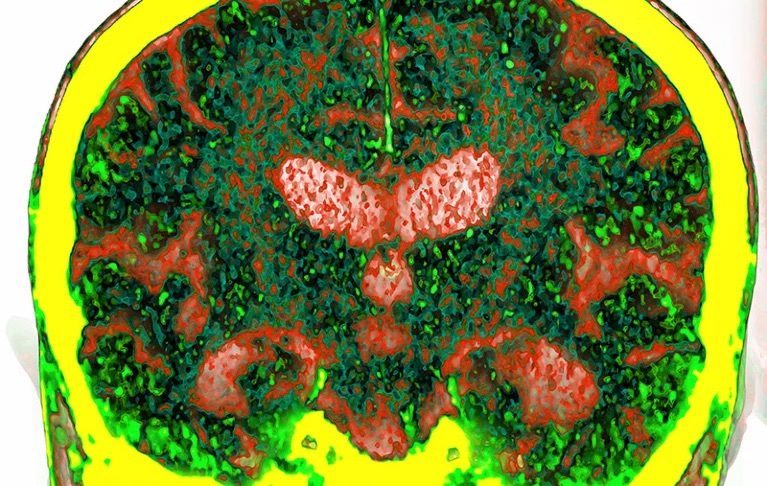New research explores why some octogenarians have exceptional memories.
When it comes to aging, we tend to assume that cognition gets worse as we get older. Our thoughts may slow down or become confused, or we may start to forget things, like the name of our high school English teacher or what we meant to buy at the grocery store.
But that’s not the case for everyone.
For a little over a decade, scientists have been studying a subset of people they call “super-agers.” These individuals are age 80 and up, but they have the memory ability of a person 20 to 30 years younger.
Most research on aging and memory focuses on the other side of the equation — people who develop dementia in their later years. But, “if we’re constantly talking about what’s going wrong in aging, it’s not capturing the full spectrum of what’s happening in the older adult population,” said Emily Rogalski, a professor of neurology at the University of Chicago, who published one of the first studies on super-agers in 2012.

